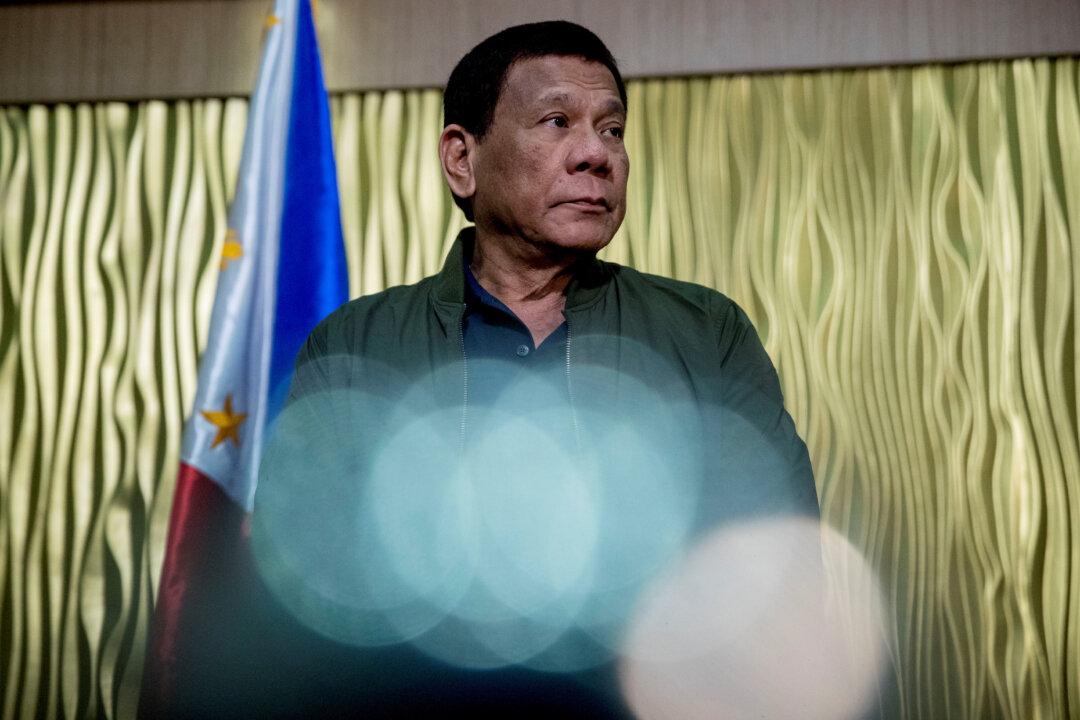MANILA—Philippine President Rodrigo Duterte has accepted China’s proposal to jointly investigate allegations that a Chinese fishing vessel abandoned 22 Filipinos after it sank their boat in the South China Sea, his spokesman said on June 22.
But aside from China and the Philippines, Duterte wants a third country to be included in the joint investigating committee that will be created to determine what really transpired in the Reed Bank, Presidential Spokesman Salvador Panelo said.





